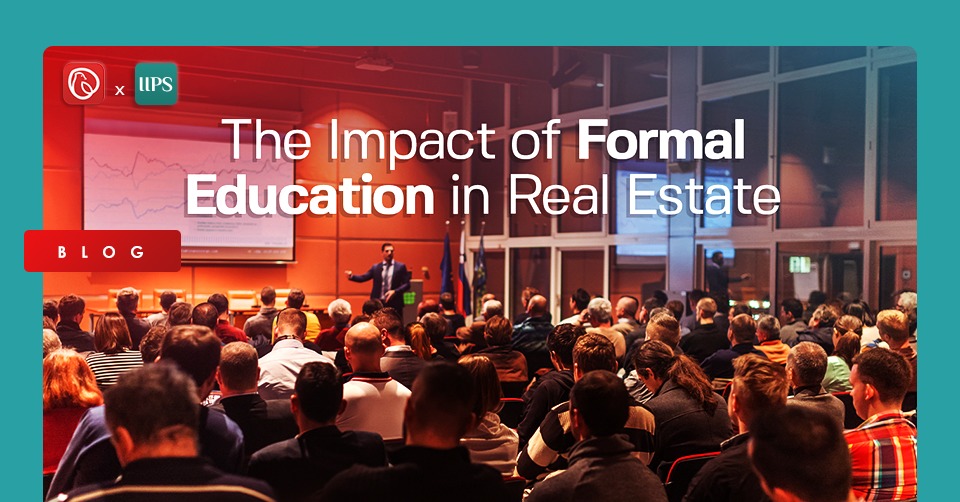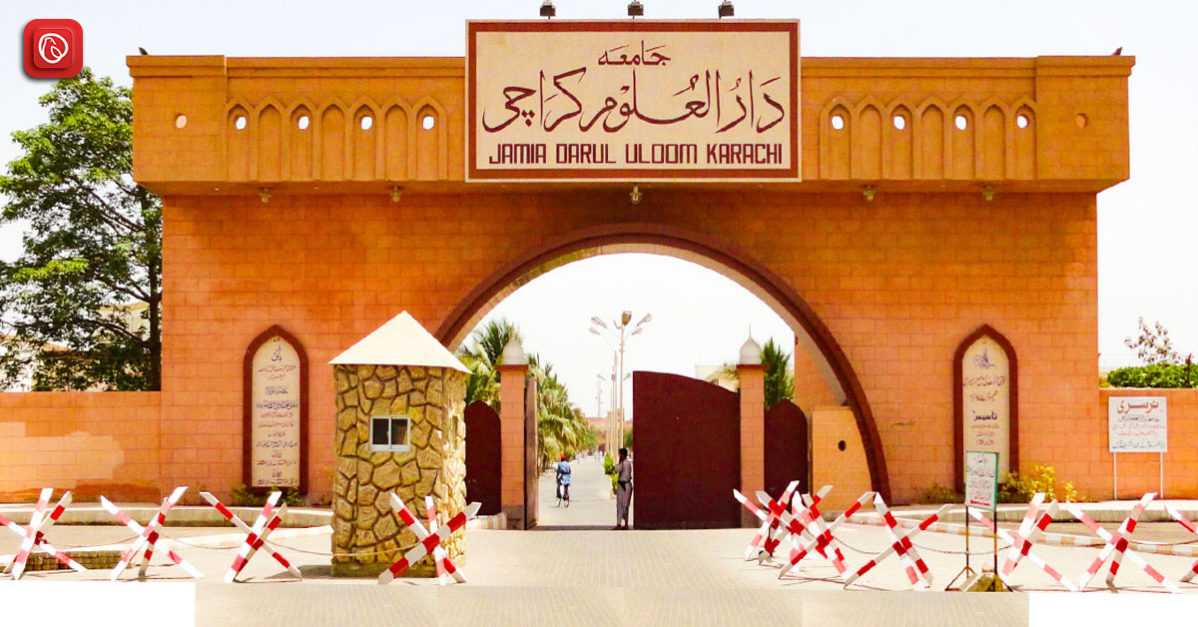Pakistan’s real estate market is growing and offers massive potential for investors, job-seeking youth, and uplifting the country’s economy (Haq, 2009). Real estate agents with specialised training are increasingly sought after in an emerging market fraught with speculation and malpractices.
The real estate industry faces many challenges that can only be overcome with education. In recent years, the real estate industry has experienced a revolution. Due to the increased use of technology in the real estate market, the demand for individuals with proper knowledge and expertise is rising (Mashvisor, 2021).
Education in real estate will significantly regulate real estate agents, and consultants as a new wave of PropTech startups expands in the country, and the government adopts better regulatory measures.
Therefore, it is impossible to overstate the importance of a proper real estate education, as the benefits far outweigh any perceived costs. Continue reading to understand how key players in the sector are changing the dynamics of real estate education.
Why Does the Real Estate Sector Require Formal Education?
Pakistan’s real estate sector is booming, with millions of dollars worth of investments coming in from local and overseas investors every year. However, up to 70 per cent of these investments often end up in fraudulent schemes and end up with court cases and lengthy litigation trials (Landportal, 2021).
This highlights the lack of professionalism and the lack of adoption of best practices. The real estate market in Pakistan is also relatively behind the world in terms of technology adoption and overall transparency. This gives rise to speculation by specific market forces instead of allowing the forces of demand and supply to regulate the price and value.
Most of these problems are a direct result of a lack of formal education in the discipline of real estate. A majority of those who work in real estate are college-passed students who, without proper training, enter the market for quick money-making purposes.
This gives rise to several challenges for buyers and investors. An agent or advisor in real estate who does not entirely understand the field can provide misleading advice and not keep the customer’s interest on a high pedestal.
Furthermore, suppose the masses are not introduced to proper real estate professionals with a working knowledge of the field.
In that case, the negative perceptions associated with the real estate sector cannot be mitigated, resulting in the industry’s slow growth. Therefore, a formal real estate education is the need of the hour in Pakistan.
What can a Formal Education in Real Estate Bring to the market?
Pakistan needs a staggering 1.5 million jobs per annum to sustain the demand for employment in the face of rising population growth trends. Real estate is the largest sector of Pakistan’s economy, with a massive potential for creating jobs and businesses in the market.
Generating employment in the industry will also help boost more than 40 allied sectors of the economy. However, it will not be possible to develop a fast-paced and modern real estate industry without formal education covering all aspects of real estate management, development, technology, regulation, and policymaking.
The world has rapidly enhanced the use of technology in nearly all sectors of the economy, whereas Pakistan continues to maintain a stagnant market, lacking innovation and policy support.
The world continues to enjoy PropTech revolution 3.0, which entails a prospering sharing economy, sophisticated brokerages, the use of intelligent technologies, and artificial intelligence and machine learning-based forecasting models for markets.
With a formal education in real estate, Pakistan can hope to address all these challenges over time.
Recently, Graana.com, Pakistan’s first online real estate marketplace, launched a certificate course in collaboration with the National University of Science and Technology (NUST), covering all the basics of real estate science (NUST, 2021).
The course offers a comprehensive outline for understanding various crucial aspects of real estate and training individuals to become responsible real estate advisors. The company enjoys a robust real estate portfolio within Pakistan and has the vision to transform the real estate sector to uplift the economy.
The course is taught by industry-leading professionals with more than a decade of experience in local and international markets.
After gathering an overwhelming response to their first effort to standardise real estate education in Pakistan, the company has also launched Pakistan’s first formal real estate bachelor’s program in collaboration with the University of Central Punjab, Lahore.
The industry stands to gain the most with this model as no single entity can transform the real estate market of Pakistan on its own. As long as a collective effort towards educating the youth is not made, the norms and presumptions associated with the sector cannot change for the better.
Conclusion
Pakistan’s real estate sector invites the country’s youth to bring innovation and expertise to the market fraught with challenges of malpractice, lack of transparency, and misinformation. That is only possible if a formal real estate education is provided to the youth, who will eventually become industry leaders in time.
The world is rapidly advancing in terms of the use of technology, and Pakistan can only start to reap the benefits if a proper understanding of the sector is achieved. Companies like Graana.com are revolutionising the market by bringing industry-leading expertise to the youth.
It is hoped that by consistent efforts from educational institutes and government policies, Pakistan will experience a paradigm shift in its real estate sector.




